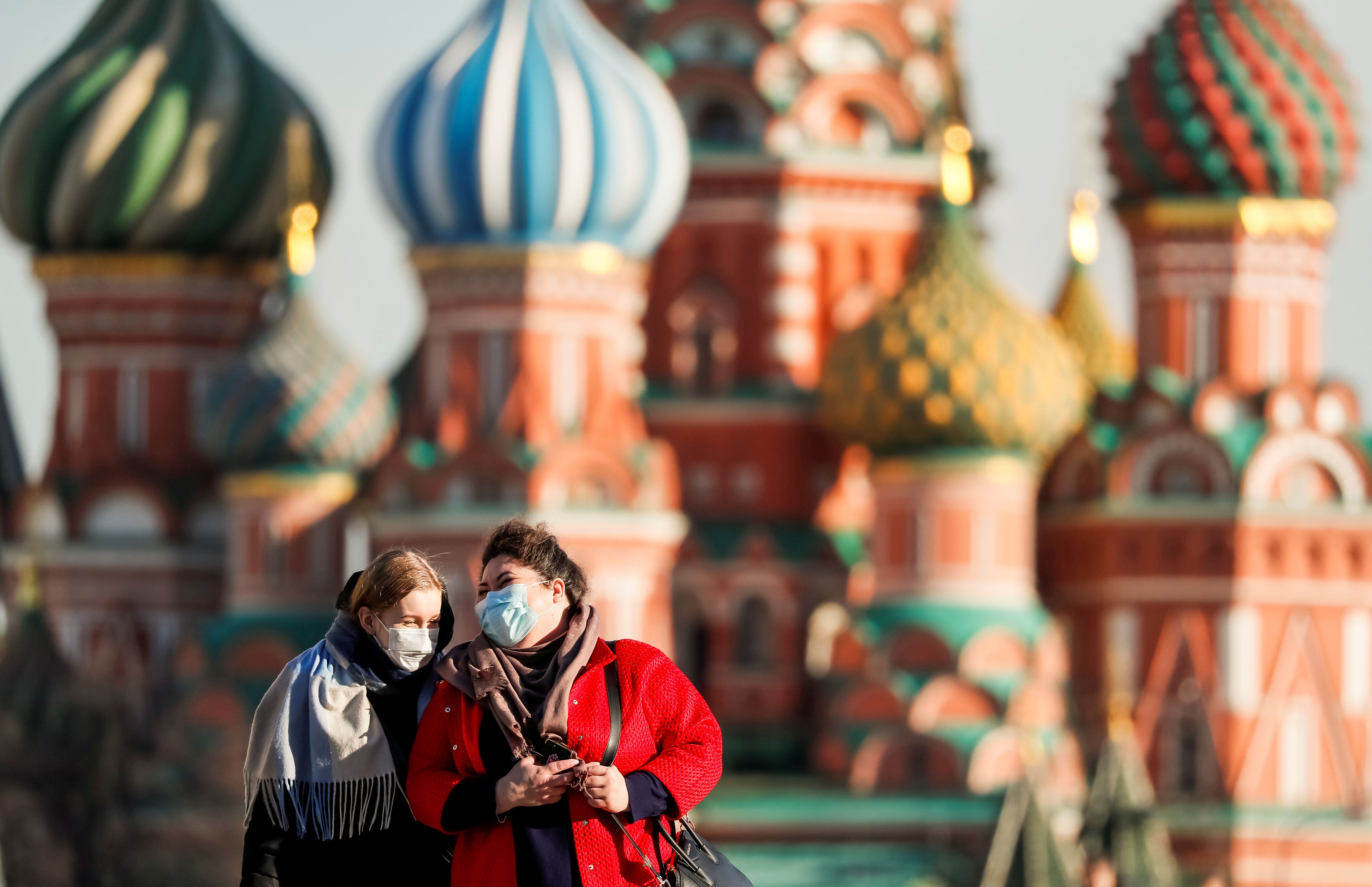March 30, 2020
КОВИД-19 lockdown: Seems like it was just a few days ago that Russian president Vladimir Putin was telling his people that the coronavirus epidemic was under control and that a week off of work would do the trick to slow its spread. Things have changed. Over the weekend, Moscow Mayor Sergey Sobyanin, who had publicly warned Putin that the official number of cases was a vast undercount, locked down the Russian capital, giving its 12.5 million residents just four hours notice. It's not clear how long the measures will last, but there is talk of issuing scannable digital codes to people in order to determine who is permitted to be outside. Russia had earlier showed a curiously low number of cases for a country of its size – we are about to find out what the real picture is. As a side note, keep an eye on the political fortunes of Mayor Sobyanin, who is now in many ways the public face of the Kremlin's efforts to squelch "КОВИД-19."
Coronavirus and detained migrant children: After several children in a migrant shelter in New York tested positive for COVID-19, a Los Angeles-based federal judge warned of the epidemic's dangers for migrant children in detention facilities. The judge (responding to an earlier lawsuit brought by immigration advocates) urged the federal government to "make continuous efforts" to release many of the roughly 7,000 migrant children whom the federal government currently holds in custody. As of March 15, the Immigration and Customs Enforcement agency (ICE), which operates some of the detention facilities, had not put social distancing, sanitation, or adequate testing protocols in place. Agencies detaining migrant children now have until April 6 to demonstrate to the court their intention to safely release thousands of children. But considering that a crackdown on immigration has been a central plank of President Trump's political platform, it seems unlikely that he will accept the release of migrants (even children) without one hell of a fight, particularly as the election looms.
COVID-19 sickens Hungary's democracy: Last week, we wrote that Hungary's strongman prime minister, Viktor Orban, was using the coronavirus crisis to justify changes to the country's emergency laws that would allow him to rule by decree indefinitely. Now, Hungary's legislature – where Orban's Fidesz party has a two-thirds majority – has approved the measures, granting Orban unchecked power to suspend parliament, cancel elections, and jail people for five years if they spread misinformation about the pandemic. These exceptional measures put Budapest at loggerheads with the European Union, which had already launched action against Hungary in 2018 for breaching the bloc's "core values." (Hungary walked away with just a slap on the wrist.) The question now is: what will the EU do about one of its member states using the pandemic as an excuse to undermine democratic institutions, indefinitely and on a massive scale? Brussels has a lot on its hands these days…
More For You
Bad Bunny during the Super Bowl LX halftime show press conference at Moscone Center.
Kirby Lee-Imagn Images
100 million: The number of people expected to watch the Super Bowl halftime performance with Bad Bunny, the Puerto Rican superstar and newly minted Album of the Year winner at the Grammys.
Most Popular
Think you know what's going on around the world? Here's your chance to prove it.
- YouTube
An imminent US airstrike on iran is not only possible, it's probable.
Americans are moving less — and renting more. Cooling migration and rising vacancy rates, especially across the Sunbelt, have flattened rent growth and given renters new leverage. For many lower-income households, that relief is beginning to show up in discretionary spending. Explore what's changing in US housing by subscribing to Bank of America Institute.
© 2025 GZERO Media. All Rights Reserved | A Eurasia Group media company.
